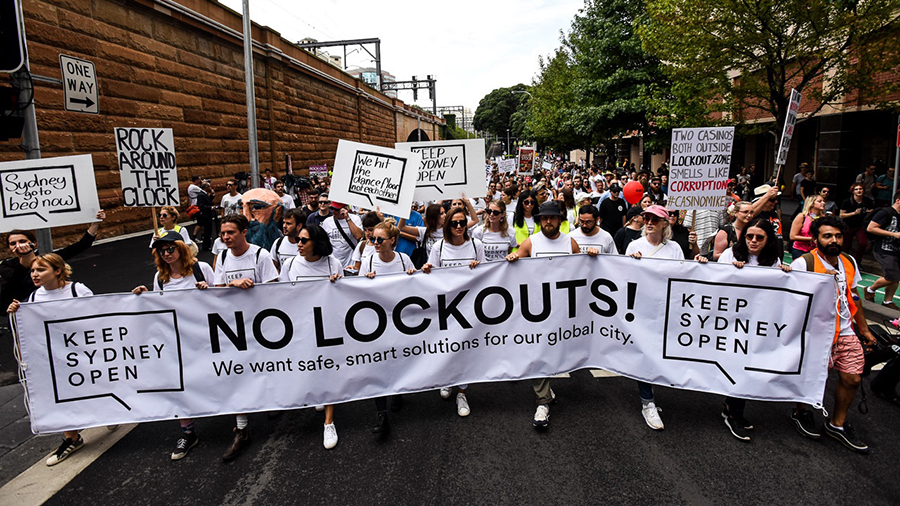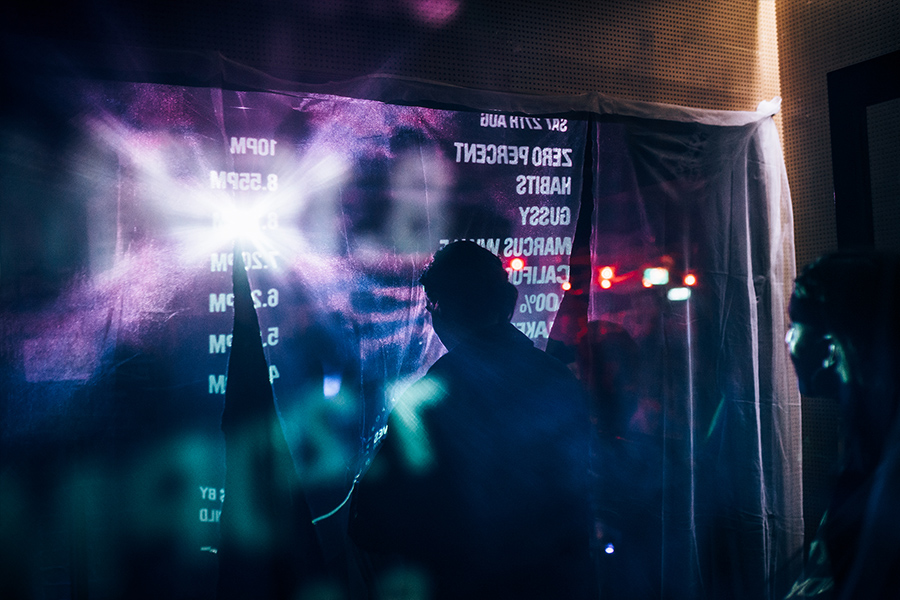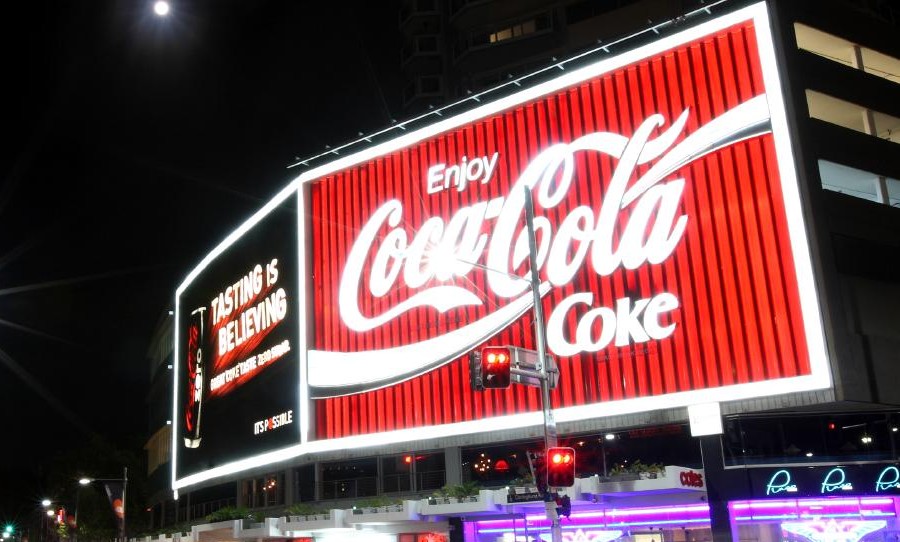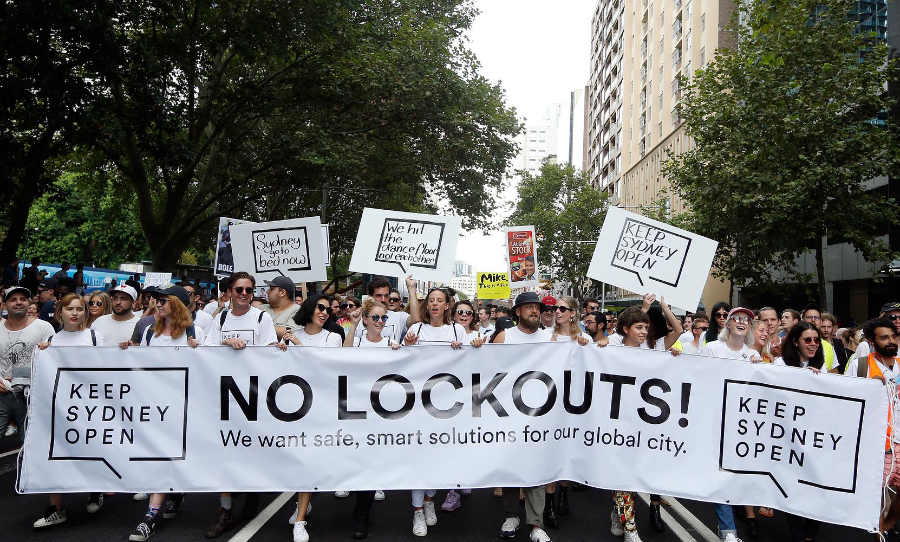The value of music is in question. But then that’s hardly news; for decades, popular music has been the victim of cultural elitism. Even just comparing the pervading stereotype of the waster youth who dreams of being a rock star with the child prodigy who performs Mozart aged five, there is an obvious disparity.
In the common narrative, the same parents who would proudly encourage a classical genius are less than supportive of a child who might show the same talent on an electric guitar, or spitting rhymes. It’s a familiar story, one that also plays out across the treatment of live music as a whole. With policymakers taking the role of outdated parents, many live music venues suffer under their rule.

Despite all the evidence to suggest otherwise, governments and councils too often refuse to recognise the cultural importance of popular music.
Too many are clinging onto an antiquated reverence for older forms, adhering to the notion that, unless it involves an orchestra and a neoclassical setting, music is neither ‘art’ nor ‘culture’.
In a way, it would be disappointing to suddenly see politicians championing genres like punk or hip-hop. We need that division between cool youth and mystified dad types; teenage rebellion is an important rite of passage. But just as we feel righteous indignation for the kid denied their rock star dreams, we should exercise a similar frustration on behalf of an industry that is being stifled by the same prejudice.
Only Mike Baird could be in denial of how Sydney’s lock out laws have affected the live music industry in the city. Live venues are closing one by one, and further afield we are seeing institutions like London’s Fabric fall to ‘gentrification’ – and misjudged attempts to curb substance abuse.
The restrictions on licenses and opening hours may be strangling the life out of many venues, but live spaces that aren’t considered to be hosting ‘high culture’ are also often crippled by higher taxes.
Berlin’s legendary Berghain recently claimed a landmark victory as courts ruled that the venue is officially considered to be producing work of cultural significance, and should therefore be allowed to pay a lower tax rate. The ruling is the result of an appeal made by the club, after the German finance ministry attempted to extort a higher rate of tax, as well as huge sums in backdated payments.
Previously Berghain was classed in the same bracket as theatres, concert venues and museums, which all pay reduced taxes on the basis of their cultural contribution to a nation or city. In 2008, the ministry claimed that the club did not qualify as high culture, judged on the fact that there is no stage and no intervals at which an audience can clap. Elevation and applause are apparently the definition of culture.
The club is famed as the destination for dark techno, a strict door policy and hedonism, although the old power station also hosts classical concerts, fashion shows and art presentations outside of its infamous Friday to Monday hours.
However, there is actually a real sense of vindication in that the ruling was purely based on the venue’s weekend club nights. Despite Berghain’s eclectic commitment to ‘culture’, the court’s decision actually upholds electronic music, DJ’s and a non-classical setting as culturally important.
Similarly, Chicago, and the rest of Cook County in the USA, have now recognised live music and DJ sets as cultural performances. Venues in the city faced closure after administration also sought back taxes earlier this year. A court judge ruled that modern genres such as rock, rap, and DJ-based acts could not necessarily be considered ‘music’ – at least, within the scope of fine art as it was defined by the county code.
The decision sparked outcry within Chicago, resulting in an agreement to amend the existing rules. A press release stated that “This agreement makes it clear that it was never the intent of the Administration for the County to play culture police and make decisions on what is, or isn’t, music or art”.
Unfortunately, that statement somewhat takes the shine off Chicago’s victory. As much as no one wants the culture police, by simply backing out of the argument they are still tacitly refusing to really support music. The ruling in favour of Berghain is that much more powerful as it explicitly recognises the importance of music and culture that was previously undervalued.

This is not only about getting staid officials to get down to the kids and admit that music isn’t only about string sections and arias. It is also important that the actual cultural contribution and status of modern music is truly recognised.
Despite the closure of nearly 50% of London’s venues in the last few years, industry leaders have submitted a plea on behalf of music as Brexit discussions loom. Urging the government to protect the UK’s status as one of the world’s largest exporters of music, their case rests on the tangible value of music within the British economy.
Citing evidence that the music industry is actually outperforming the wider UK economy, they’re using statistics which include foreign ticket sales to music events in Britain. And it is popular, modern artists are leading this economic success; there are countless British bands and artists who utilised grassroots live scenes to reach international fame.
Much like Australia, the UK’s live music scene has been hit by changes to laws that seriously threaten venues. Policies to tackle noise regulation and alcohol consumption, coupled with increased rents and taxes, made many venues unviable.
Spaces are designated more valuable as properties, and umbrella corporations have subsumed iconic gig venues into corporate chains. A number of music venues have definitely fallen victim to the association with drink and drugs, despite there being so many other spaces where people can indulge in these.
Currently, a number of organisations are attempting to save Britain’s live music scene; the Music Venue Trust established a definition of what a ‘Grassroots Music Venue’ is and why they are struggling. Club and restaurant owners formed the Night Time Industries Association, to speak out against restrictive licensing, and many cities commissioned reports on their local music ecosystems.
Many of these bodies raised the importance of music’s place within the bigger picture of a city’s economy – and by extension, a county’s. A view shared by many in Australia, as regulations like lock out laws are blamed for killing off the vibrancy and life of cities like Sydney.
Despite facing many of the same problems, Australia has also seen some positive advances. Advocacy for indigenous music and culture has resulted in much wider recognition, including festivals like Boomerang and Homeground.
Mainstream festivals are also hugely successful in Australia, encompassing nearly every genre and audience. It’s undeniable that grassroots venues are suffering in many places, but on the other hand, venues associated with ‘high culture’, like the Sydney Opera House, are opening up to a wider variety of performance.
A recent report by UNESCO found that a cultural presence actually makes cities more sustainable, and safer. From 111 case studies, taken from cities all over the world, the report confirmed that the prioritising of culture encourages more creativity, and diversity.

As much as economic factors can sway the policymakers, this study may well be vital in confirming the less tangible, and longer reaching benefits.
Ticket sales cannot encompass the value of the art, the fashion and the ideas that are engendered as part of a live music scene can. Even just a cursory accounting of previous decades in fashion show how the two industries are inextricable; from Studio 54 and Vivienne Westwood through to Kanye West.
Bookshelves lined with band biographies, David Bowie museum exhibitions, Queen stage shows and Tupac biopics… these are all proof of how music can feed a much larger cultural ecosystem. We are reaping the benefits of their legacies, even as we stifle the grassroots scenes that nurtured these artists to begin with.
Part of modern music’s allure might be giving the finger against disapproval, the lack of understanding from authority figures and its active rejection of high brow culture. But we can’t misconstrue to mean that those genres are placing themselves as any less culturally or artistically viable. Not when that translates to governments placing a higher premium on taxes and properties than on the very real return that all live venues bring to our culture.



